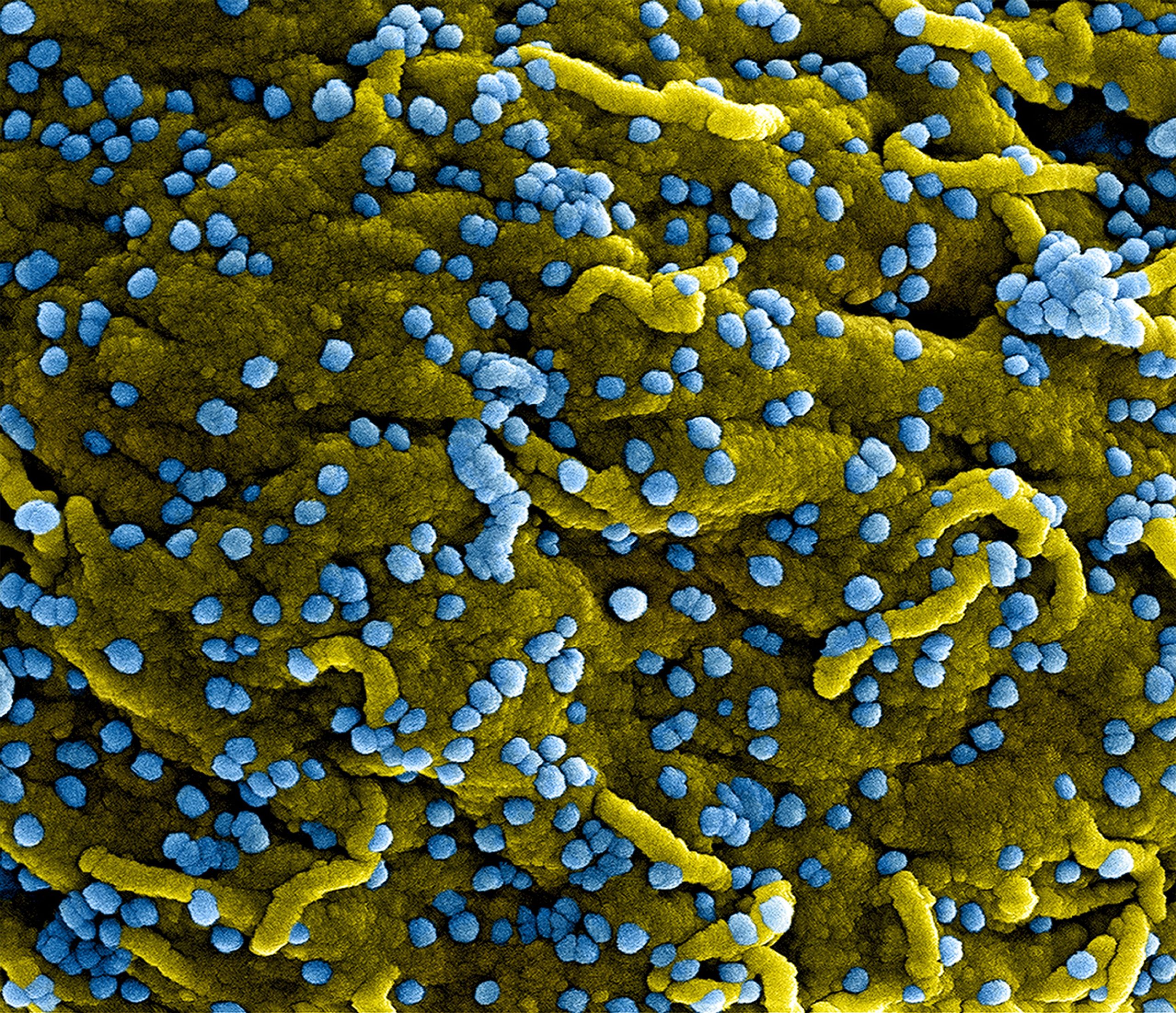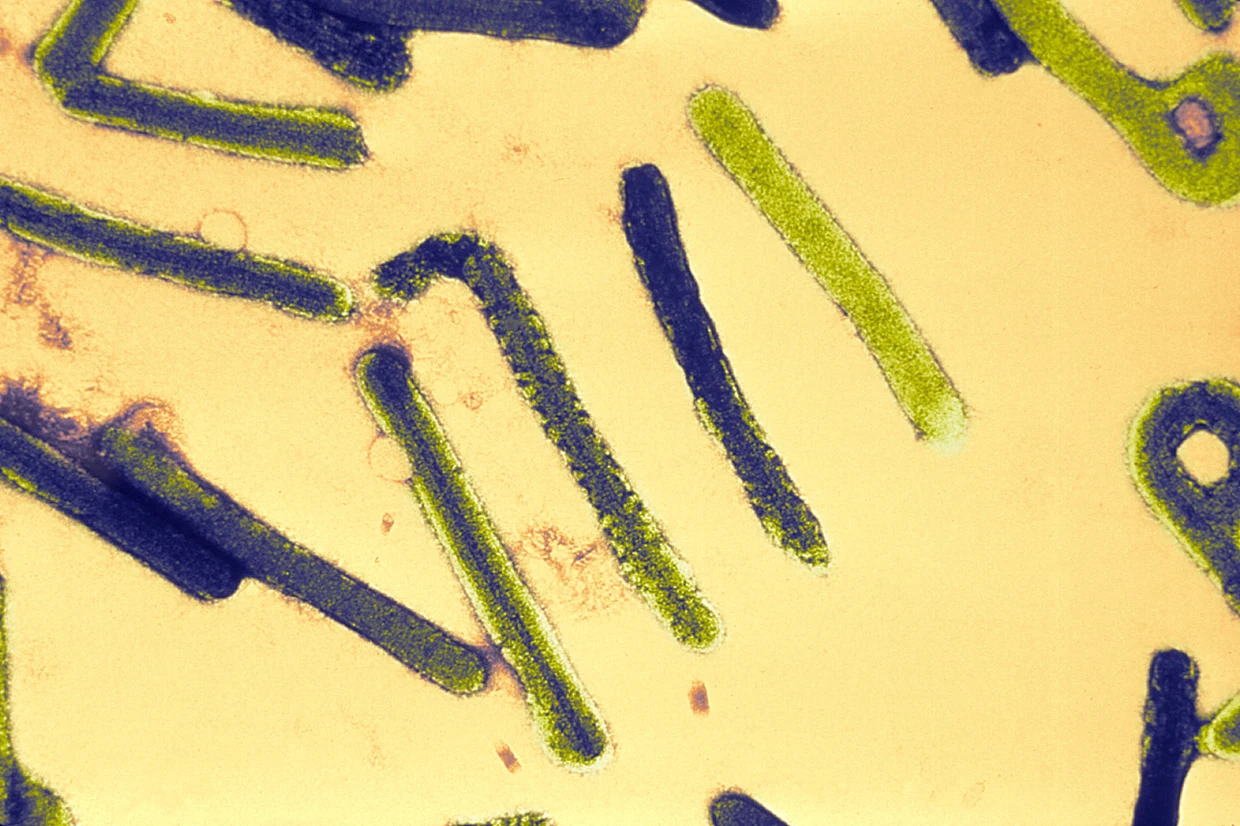The Centers for Disease Control and Prevention (CDC) has implemented enhanced screening measures for international travelers entering the United States, specifically targeting those who have recently visited Rwanda. This decision follows an alarming outbreak of the Marburg virus, a highly contagious and deadly disease similar to Ebola.
Starting the week of October 14, travelers arriving from Rwanda within the past three weeks will undergo health screenings at three major U.S. airports: O’Hare International Airport, John F. Kennedy International Airport, and Dulles International Airport.
The screenings will involve checking for fever and asking about symptoms or possible exposure to the virus. These precautions, although precautionary given the low risk in the U.S., aim to prevent any potential spread.
Marburg virus, known for its high mortality rate, has already caused 56 confirmed cases and 12 deaths in Rwanda. Healthcare workers have been disproportionately affected, highlighting the virus’s potential danger in healthcare settings.
The CDC, while maintaining that the risk to the U.S. remains low, has advised Americans to reconsider nonessential travel to Rwanda. This advisory is part of broader precautions, including guidelines for American healthcare workers operating in Rwanda, who are now being urged to report any potential exposure or symptoms to the CDC before returning to the U.S.

In light of the outbreak, efforts are being made to contain the virus in Rwanda, but there are no approved vaccines or specific treatments for Marburg. However, experimental vaccines are being tested.
The Sabin Vaccine Institute recently sent 700 doses of an experimental vaccine to Rwanda, with more supplies available pending approval from health officials in both Rwanda and the U.S. This vaccine is being used in a trial aimed at protecting frontline healthcare workers, who are at the highest risk of infection due to their direct contact with patients.
In addition to the screening measures, the CDC has issued a health advisory to Americans currently in Rwanda. They have been instructed to seek immediate medical attention if they develop symptoms such as sudden fever, severe headaches, body aches, or other signs of Marburg infection.
This advice is critical as the virus progresses quickly, often leading to hemorrhagic fever and death. Although there are no confirmed treatments yet, experimental therapies are being researched, and global health agencies are working to contain the outbreak in Rwanda.
While the outbreak in Rwanda remains localized, the CDC’s heightened response reflects the seriousness of the virus and the potential for it to spread. Although the U.S. is at low risk, the protective measures, such as the travel screenings and health advisories, demonstrate the importance of caution.
With experimental vaccines and treatments being tested, health authorities continue to work to control the outbreak and prevent further infections, particularly among healthcare workers on the frontlines of the response in Rwanda.
